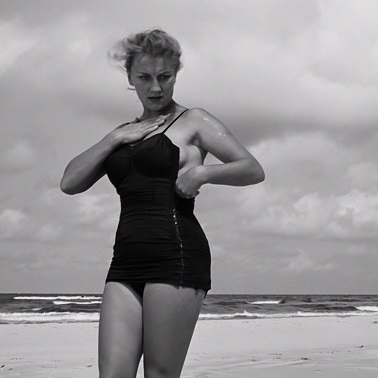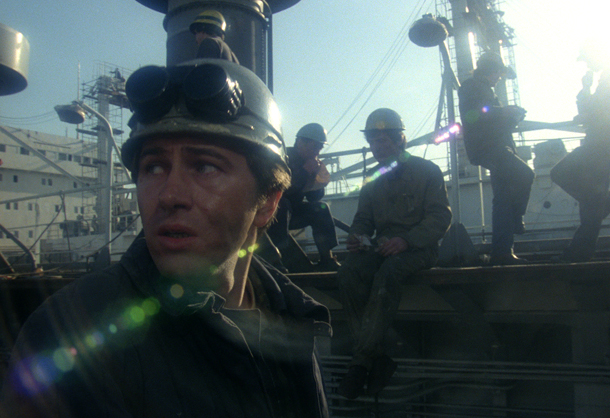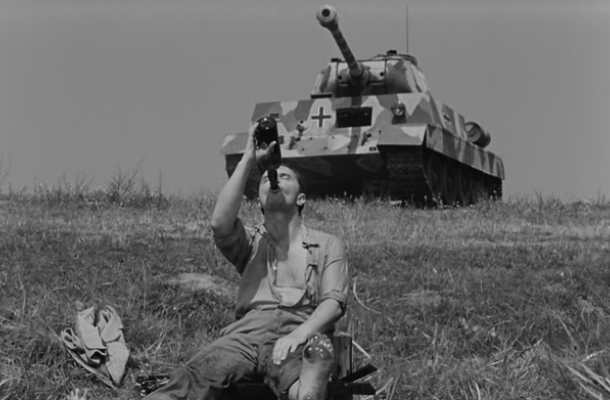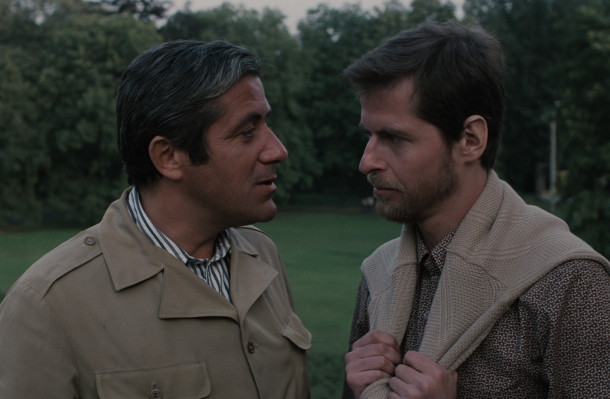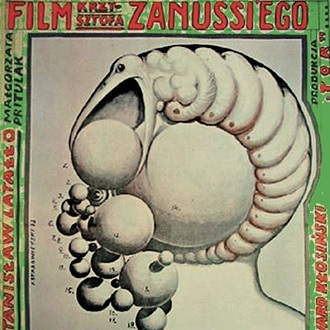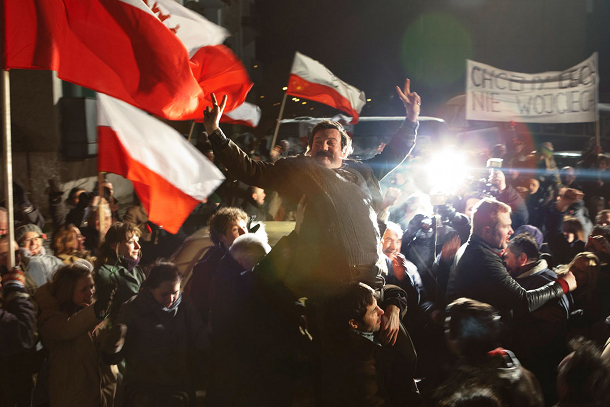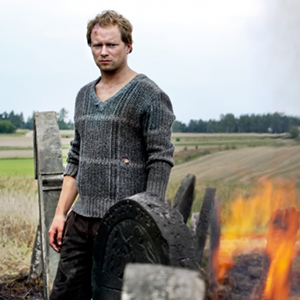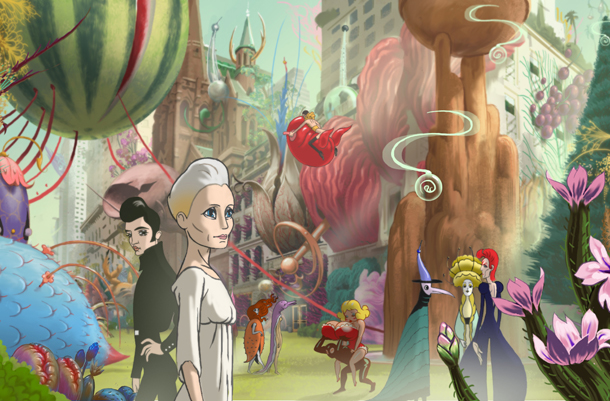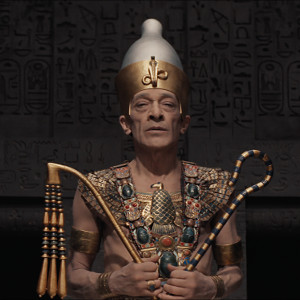
Martin Scorsese Presents: Masterpieces of Polish Cinema Review: Pharaoh (1966)
Based on the novel by Boleslaw Prus, Jerzy Kawalerowicz’s 1966 film Pharaoh (Faraon) is a sweeping epic that highlights the internal machinations of the Egyptian political structure. It is an intricately constructed and infinitely nuanced film that rivals anything produced in the Hollywood studio system. The cinematography is lavish and beautifully subdued, highlighting a minimalist approach to the colour scheme and production design. Only golden hues and neutral toned colours are dominant, with the notable exception being the river boat scene where tropical flowers can be seen lining the edge of the river. The score is sweeping and engaging. The pacing is near perfect in this theatrical cut. The original version of the film was to be over three hours long, however it was cut down for theatrical exhibition. This version runs just under two and half hours.

